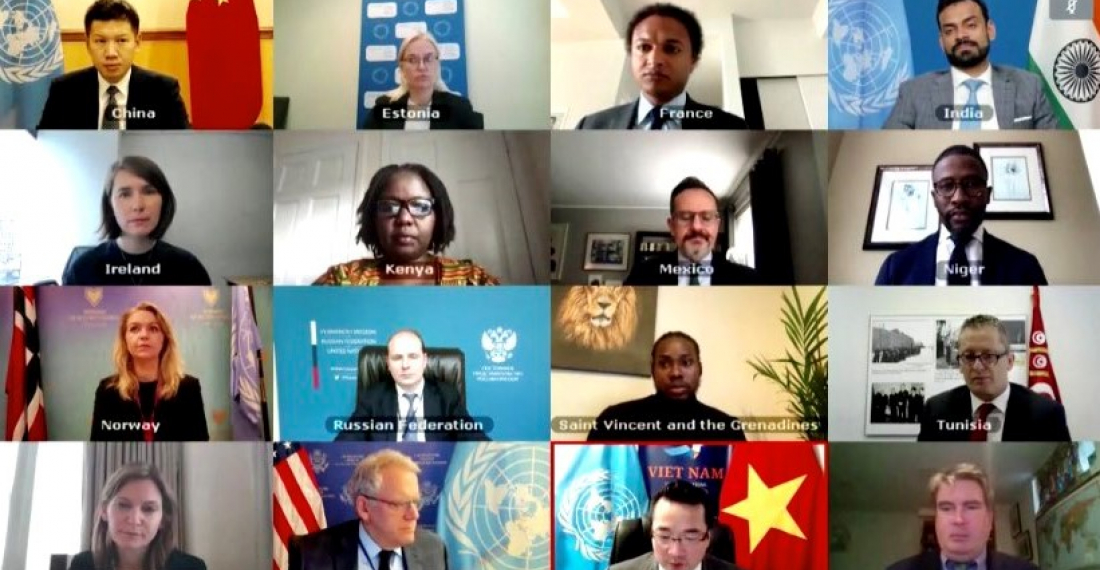The UN Security Council voted unanimously to send international ceasefire monitors to Libya. The UNSC called on the new unity government to plan for free and inclusive elections at the end of the year. The monitoring mechanism, which is estimated to be composed of 60 personnel, will join the existing UN mission in Libya (UNSMIL) and work along with the Joint Commission 5+5, which had agreed to the ceasefire.
The resolution, UNSC res 2571 (2021), also called for the withdrawal of all foreign forces and mercenaries from Libya without any delays and demanded full compliance with the arms embargo imposed on Libya.
On Friday (16 April) UN spokesman Stephane Dujarric said the UN was committed to "helping the political leaders of Libya … what we want to see, is all foreign fighters leave Libya".
The observers will report the situation on the ground and related developments to the Security Council through the UN mission in Libya However, their task will not include supervising and monitoring the withdrawal of foreign fighters. Dujarric said, on behalf of the UN, that "we expect all member states and all those on the ground to abide by Security Council resolutions and abide by previous agreements and we will report everything we know and see on the ground".
Libya's Presidential Council welcomed the unanimous support of the UNSC. In a statement, the Council stressed the need "to respect and support the full implementation of the ceasefire agreement, including the withdrawal of all foreign troops and mercenaries from Libya and supports the work of the Joint Military Commission 5+5 and any mechanism that Libyans take over to monitor the ceasefire."
The resolution also address the role of woman and youth in the upcoming planned elections and called for their inclusion and participation in the elections.
The text of the resolution is not released yet. A Press Release can be found here.
On another note, prime minister, Abdel Hamid Dbeibah visited Moscow after his earlier stop in Ankara. Dbeibah called Moscow to pressure the Wagner Group to withdraw its forces from the country.
Dbeibah met with the Russian Defense Minister Sergei Shoigu, who said that the visit resembles the first step towards resuming full-scale cooperation between the defense ministries of the two countries. He also held talks with Russian officials including Prime Minister, Mikhail Mishustin and Foreign Minister, Sergey Lavrov.






